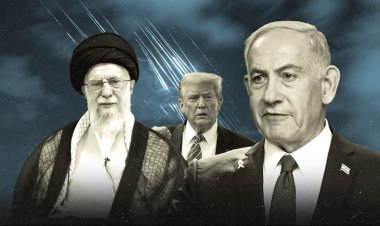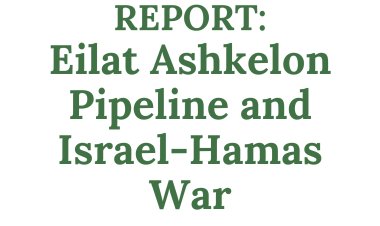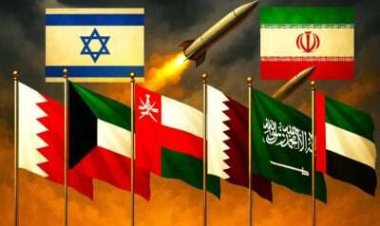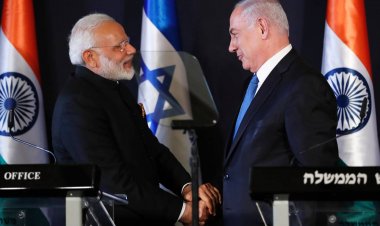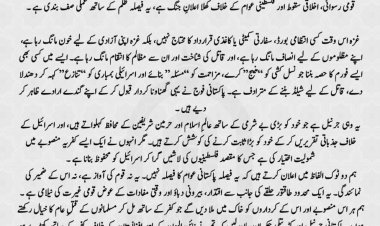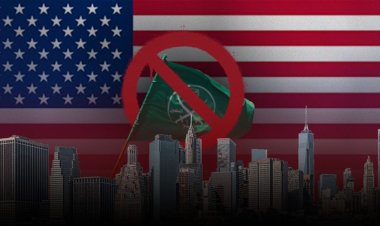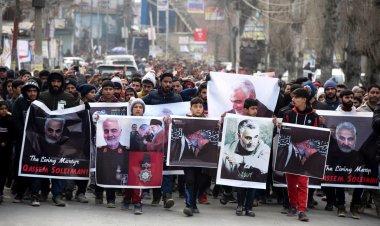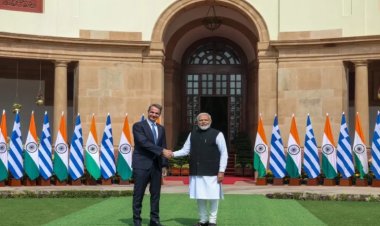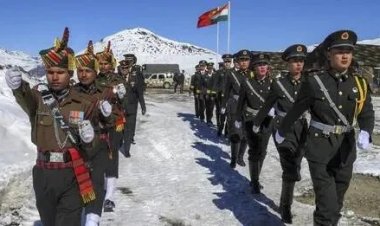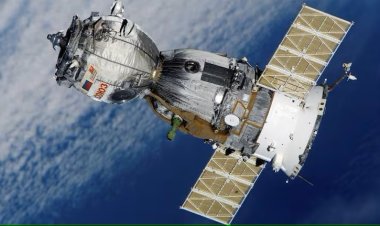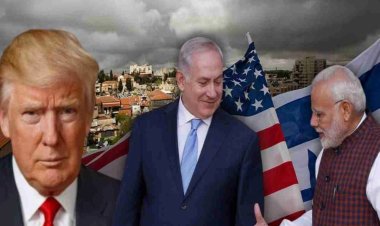India and the Israel-Palestine War: Choices, challenges and trade-offs
India must carefully weigh the situation, its long-term trajectory, and fall outs and find sensible geopolitical choices and security measures to deal with future challenges.
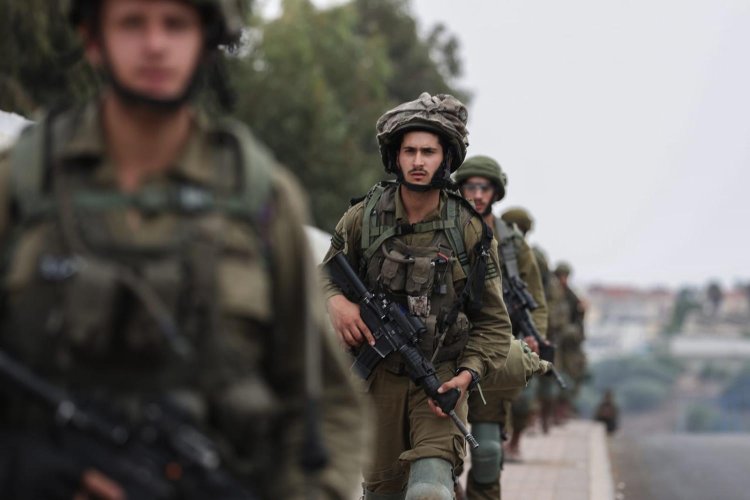
Analysis
By Dr. Abhinav Pandya
The brutal and barbaric invasion of Israel by Hamas terrorists has sent the world into shock. Adding to the horrors of the Ukraine war comes another bloody battle front which if escalates, has the potential to turn into a global nuclear flashpoint involving multiple stakeholders. It is praiseworthy that India, for the first time, has declared its unequivocal support to Israel. Over the years, Israel has emerged as India’s foremost partner in defence, counter terrorism, intelligence, space and agriculture technologies. Most recently, on the G20 sidelines, India and Israel, along with the US and several European countries declared to build India-Middle East-Europe Economic Corridor (IMEC).
In addition to being a major blow to the proposed IMEC, the Hamas attack and the ongoing conflict can have long-term ramifications on India’s geopolitical and internal security concerns.
What kind of challenges and choices will India face as a result of the ongoing Israel-Palestine conflict? What policy choices does New Delhi have?
Though it is too early to make firm judgments on the future trajectory of this war, it is reasonable to start making an analysis of the possible implications of this war for India and its policy choices.
The overwhelming majority (about 90 per cent) of Indian Muslims are Sunnis. Most of the strategic experts and Indian intelligence agencies maintain that Indian Muslims have largely kept a distance from Middle Eastern religious and political conflicts. However, closer analysis reveals that this is a delusional thought to solace oneself. West Asian religious conflicts have always had a deep-rooted imprint on the subcontinental Muslims. Indian Muslims nurture strong sympathies with Palestinians. The current Hamas attack has also emboldened Islamist outfits in the country, the evidence of which can be seen on social media.
Kashmir jihad has a strong connect with West Asian developments. The Arab Spring videos and social media content played a crucial role in the sweeping radicalisation of Kashmiri Muslims on pan-Islamist lines and the rise of post-Burhan militancy (2016 onwards) with its prominent leaders like Zakir Musa aiming to establish a Caliphate. The Arab Spring radicalisation and ISIS-driven online radicalisation majorly shifted the Kashmiri jihadis towards the idea of an Islamic Caliphate.
The Hamas attack is likely to embolden them, elevate their spirits, and provide a much-needed rejuvenation to their enthusiasm for anti-India resistance which since the abrogation of article 370 is facing a serious threat. Also, India’s close ties with Israel are likely to add fuel to their anti-India resentment and hatred.
Hezbollah has already launched attacks on Israel. If the current conflict escalates and gets Iran directly into the war, then India’s supportive stand for Israel will not go down well with Iran. India’s Chahbahar port in Iran, connectivity to Central Asia, and air space over Iran may come under threat. Further, Tehran will likely raise its pitch against India on the Kashmir issue. One must be mindful of the fact that post-2014, the Iranian leadership has been extremely critical of Modi-led India on various occasions like the abrogation of Article 370, the Delhi riots, and the CAA/NRC issue. India’s Shia population has strong loyalties to Iranian religious leadership. In an already polarised environment with Muslim youth going through intense radicalization, Shia-Sunni differences provide some window to Indian agencies by exploiting their differences. Also, Indian agencies find Shia leaders of Kashmir and other Indian states useful in information operations against Pakistan as Kashmiri jihad is mostly Sunni-dominated and Shias in Pakistan face tremendous atrocities. However, if Iran gets directly involved in the Israel-Palestine conflict, it is highly likely to bring Indian Shias and Sunnis on the same page.
In Kashmir, the Shia-Sunni cooperation which already found its nascent beginnings in the Iran-Saudi deal, might cause a major headache for Indian agencies as it will strengthen the secessionist forces. In the Indian hinterland, Shias who have largely stayed away from narratives of the Modi government being anti-minority, will support the Sunni extremists and strengthen the fabricated Western narrative of the government being anti-Muslim. Also, Iran’s close ties with China are likely to accentuate India’s worries in such a scenario.
It is pertinent to view this development in a larger context. Russia has engaged the US in long drawn Ukraine war. Most recently, in another blow to the Western world, Azerbaijan, supported by Islamist allies like Turkey and Pakistan, forcibly captured Nagarno-Karabakh, the Armenian enclave in Azerbaijan, and drove the Christians out. That said, if the game plan is to embroil Israel in a long-drawn conflict marked by regular and irregular war, it is likely to draw the Americans into it, later or sooner, which will be another war front for the Western block. Ultimately, this will further dent the West-led world order and strengthen the anti-West forces like Russia, China, Iran, Pakistan, North Korea, and Turkey. With India’s friends like Israel and the US engaged in their conflicts, India will stand vulnerable to Chinese and Pakistani incursions.
Lastly, if the Pakistan-supported groups like Lashkar, Jaish, Al Badr, AQIS, etc., decide to copy the Hamas playbook and launch a multipronged attack on India from sea, air and land routes, New Delhi will find it a daunting task to deal with such a situation. The Pakistan-supported terrorist groups have been using drones to drop weapons, drugs, and cash. It will be no wonder if they use drones or parashoots to airdrop militants in India. In the 26/11 attacks, the terrorists infiltrated through sea routes. Land route infiltration through Kashmir, Punjab, Nepal, Bangladesh and Rajasthan has been a tried and tested method. If Hamas can infiltrate the heavily guarded and surveilled Israeli borders, then India’s 3,300 km long border with Pakistan stands extremely vulnerable to infiltration. Hence, if a group of 1,000 to 2,000 terrorists is unleashed in Indian territory, they will create havoc. The US-based West Asia analyst Michael Rubin already discussed this possibility in his recent Firstpost article. Further, given the huge size of India’s population, their unarmed nature, and the poorly skilled and incompetent state-level police and intelligence cadre of India, the terrorists will be able to unleash large-scale violence.
To sum up, India must carefully weigh the situation, its long-term trajectory, and fallouts and find sensible geopolitical choices and security measures to deal with future challenges.
Disclaimer: This paper is the author's individual scholastic contribution and does not necessarily reflect the organization's viewpoint. The article was originally published by Firstpost.


